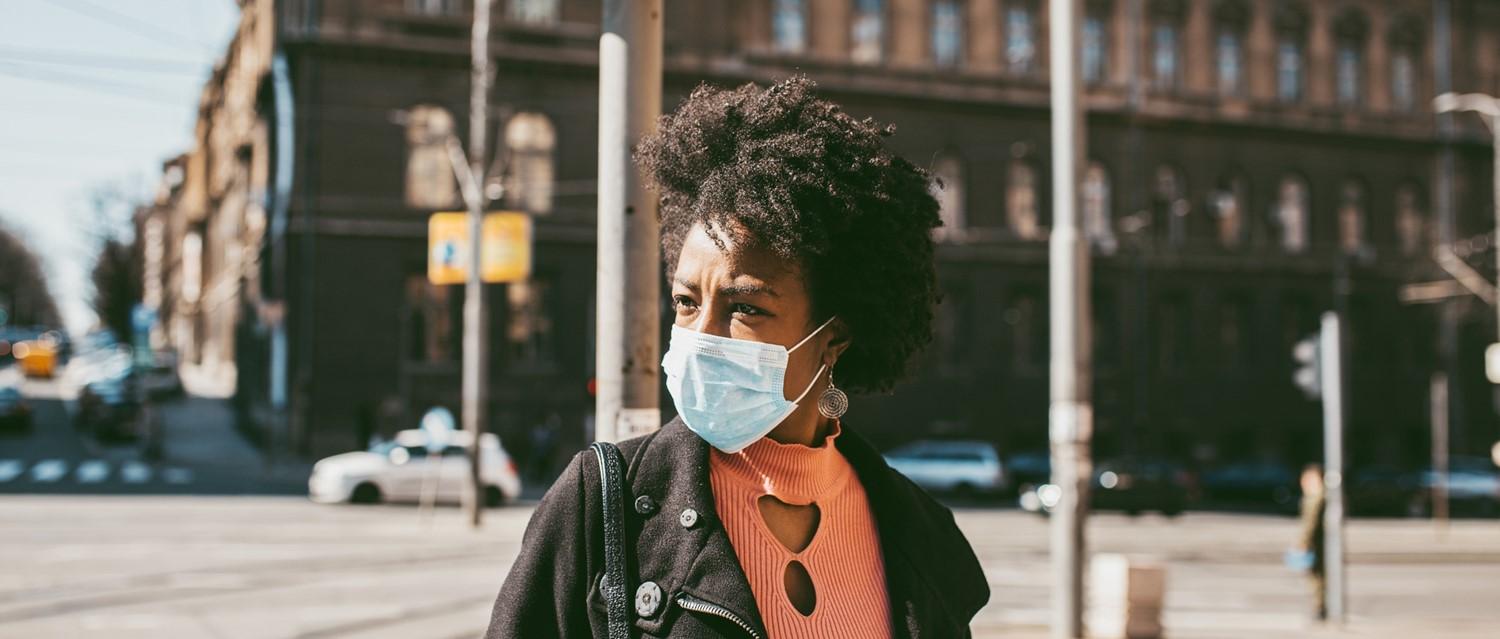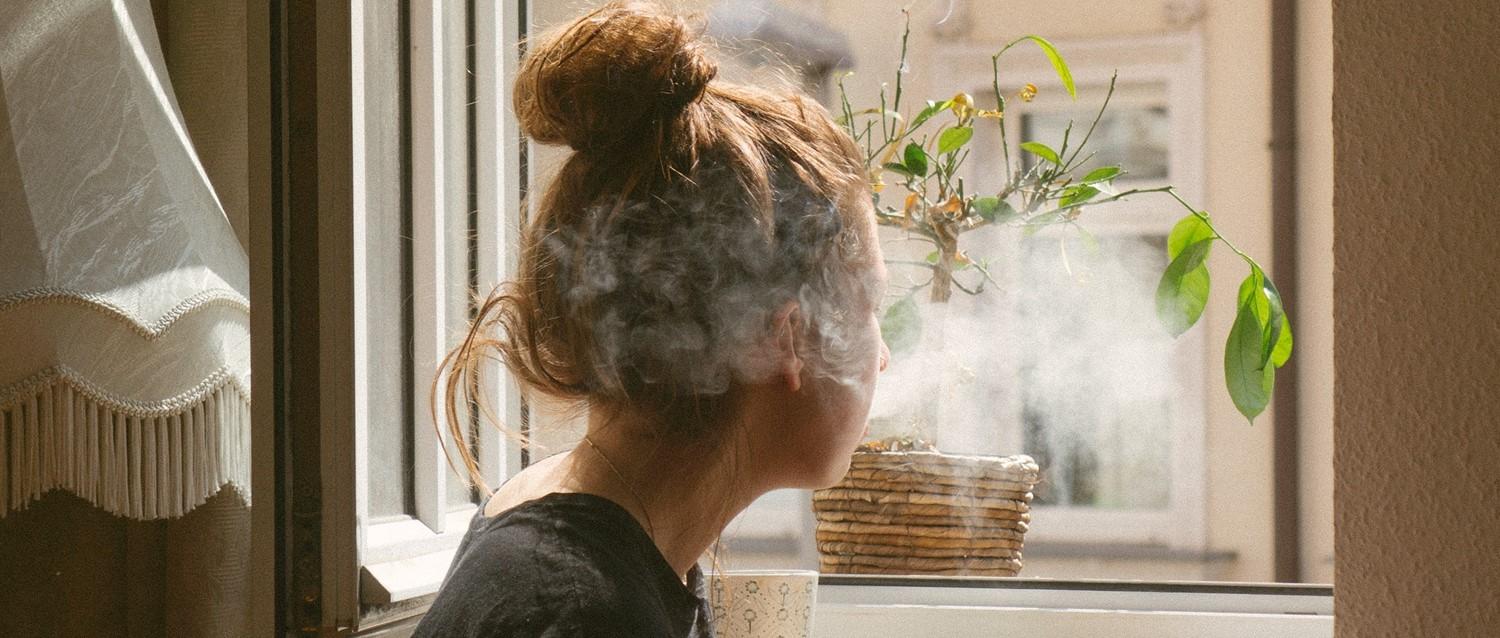
How to cope with a fear of leaving lockdown
Peer reviewed by Dr Sarah Jarvis MBE, FRCGPLast updated by Gillian HarveyLast updated 20 May 2020
Meets Patient’s editorial guidelines
- DownloadDownload
- Share
- Language
- Discussion
As the English lockdown rules change slightly and we are able to begin cautiously resuming some aspects of normal life, it's hardly surprising that some of us feel a little bit worried about what lies ahead. But while it's sensible to be cautious and stick to medical advice, what happens if our anxiety becomes overwhelming?
In this article:
Use Patient's coronavirus checker tool if you have any symptoms of fever, a new cough or loss of smell or taste. Until you have used the tool and been advised what action to take, please stay at home and avoid contact with other people.
Continue reading below
How much is too much?
Acknowledging a concern and taking measures to stay safe are advisable. But if our thoughts and worries become out of control or begin to affect our day-to-day lives disproportionately we may be suffering from anxiety or from agoraphobia - a fear of public spaces.
"Concern, worry and anxiety are all along the same continuum of feelings," explains Abbey Robb, psychologist and integrative therapist. "It's totally normal to be concerned right now and maybe even to worry a little. However, when those worries become circular or overwhelming, they start to affect a person's enjoyment of life. That's when they become problematic and can lead to anxiety or panic."
Many of us will be worried about the additional risk that comes with venturing into the world again. As our understanding of the virus is evolving, it's a good idea to keep up with the latest advice from an official source, such as the Government website. Try to avoid shared posts on Facebook, or reading worrying headlines on the virus if you are feeling stressed, as certain sources might not present reliable information.
Unavoidable contact
As more people begin to hit the streets, the idea of people getting a little too close to us may be a concern. However, Dr William Bird, GP at the Royal Berkshire Hospital in Reading advises that, whilst we need to adhere to the advice about staying two metres apart from those outside of our household, a short brush past should not cause undue concern. "Brushing past someone shouldn't have any effect at all. You have to maintain about a minute or two with someone before you start to get the amount of virus that's needed to transmit," agrees Doctor William.
People who are sneezing and coughing could cause more of a problem. "If you are sneezing and coughing, you will be shedding lots of virus," says William. If you are experiencing symptoms of coronavirus - a fever or a new, continuous cough - the advice remains to stay at home and self-isolate for at least seven days.
Some people are electing to wear masks, particularly if they are required to work in close proximity with others, or are going to be in a confined space, such as on a train or tube. "Face coverings really protect others rather than yourself - unless you are wearing a tight, surgical mask, which is needed in the NHS," explains Bird. However, England has now followed Scotland and Northern Ireland in recommending face coverings (rather than surgical or other commercial masks) on public transport and in indoor shops where social distancing is not possible.
Continue reading below
Take your time
While it's important not to let anxiety spoil your enjoyment of life, it's OK if you feel a little worried about resuming certain permitted activities. If the idea of doing something makes you feel stressed it may be advisable to take smaller steps towards an end goal.
Robb advises that we "start with activities that we really want to do," such as meeting a friend for a socially distant walk, rather than other activities we may not necessarily look forward to. This will make the experience more enjoyable and help to reassure us that we can push our boundaries a little.
You may also benefit from a change in diet and exercise routine to minimise the physical effects of anxiety. "The easiest things are to cut down on caffeine and alcohol, and be careful to eat fruit and veg. These habits will change the chemical balance in our brain, and bloodstream, for the better. Also spend time in nature, even if that just means a daily walk in a park. These are quick fixes that will immediately make you feel calmer," advises Natasha Tiwari, psychologist and CEO of The Veda Group.
Still struggling?
If you feel that your anxiety is disproportionate, or are struggling to participate in normal, permitted activities, then you may have developed problematic anxiety. "We've been led to believe that being out and about poses a serious threat to the health and well-being of ourselves and loved ones. The idea of being around others again, is being perceived by our brains as seriously quite threatening," explains Tiwari.
One way to increase our confidence may be to share our worries with someone else. However, choose your confidant wisely, as if someone else is anxious or has read some misleading information, you may not find it as helpful. "Sharing anxieties with others can make us feel understood and less alone," agrees Tiwari. "It's just important not to fuel each other's stress and anxiousness and rather find some strength in morale."
Continue reading below
Seeking help
While many of us will be able to overcome our initial anxiety, for others it may be more of a struggle. If you feel that your anxiety is beginning to have a negative effect on your daily life, it's important to seek help. "If you are not sure if you should seek help then take it as a sign that you should. Anxiety left unchecked can grow and become gnarlier, and tougher to overcome after long periods of time," advises Tiwari.
Patient picks for Pandemic articles

COVID-19
How to stay on top of unhealthy habits in lockdown
When the first lockdown was brought in, many of us vowed not to let it get the better of us. With more time to kill at home, we walked, signed up to online courses and learned how to crochet. A year on, however, it's getting increasingly difficult to eat well, stay active and engage in wholesome hobbies. So how can we avoid unhealthy habits as the pandemic continues?
by Lydia Smith

COVID-19
What are the school COVID rules October 2023?
As we enter the winter months, your child may be showing symptoms that make you wonder whether they can go to school. We explain the UK government's latest guidance on school COVID rules October 2023.
by Amberley Davis
Continue reading below
Article history
The information on this page is peer reviewed by qualified clinicians.
20 May 2020 | Latest version

Ask, share, connect.
Browse discussions, ask questions, and share experiences across hundreds of health topics.

Feeling unwell?
Assess your symptoms online for free
Sign up to the Patient newsletter
Your weekly dose of clear, trustworthy health advice - written to help you feel informed, confident and in control.
By subscribing you accept our Privacy Policy. You can unsubscribe at any time. We never sell your data.